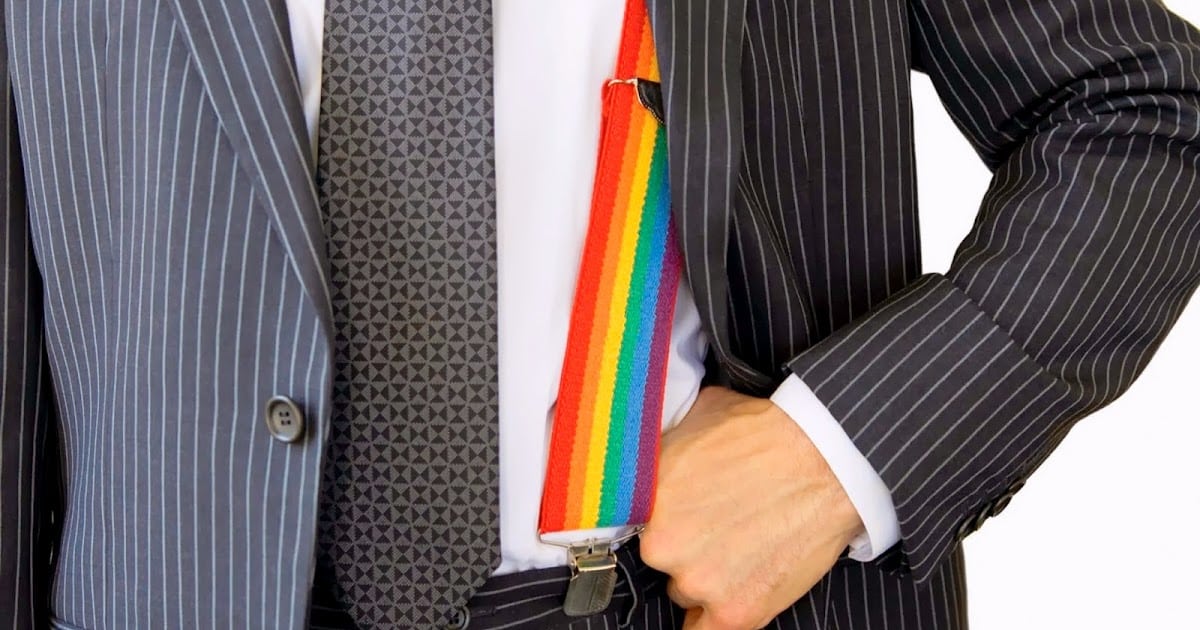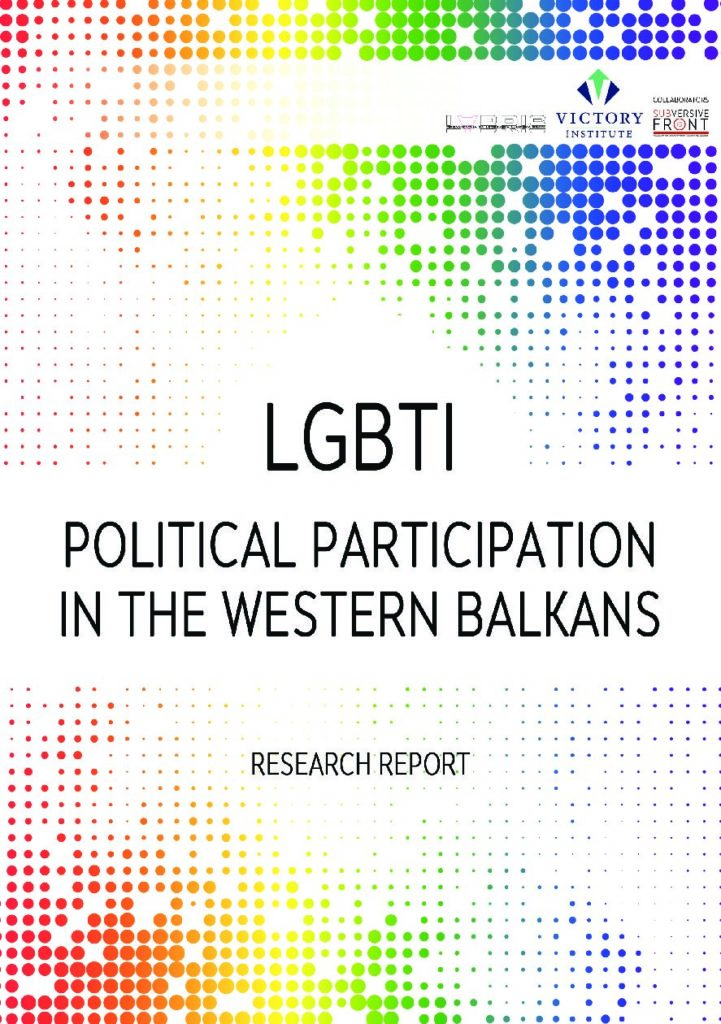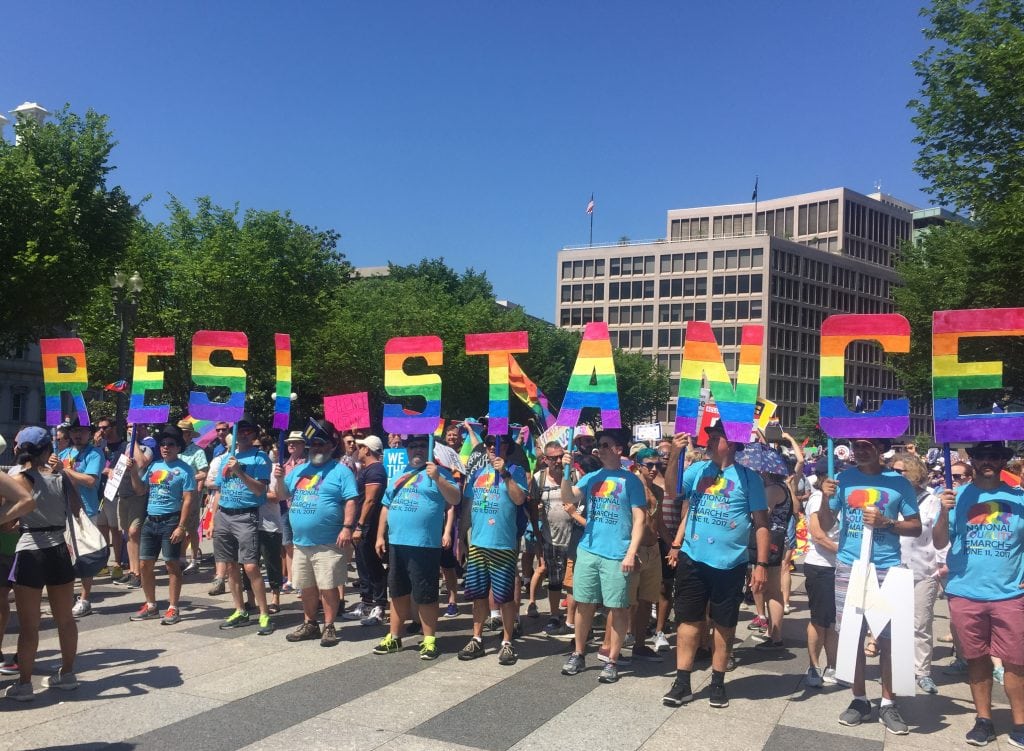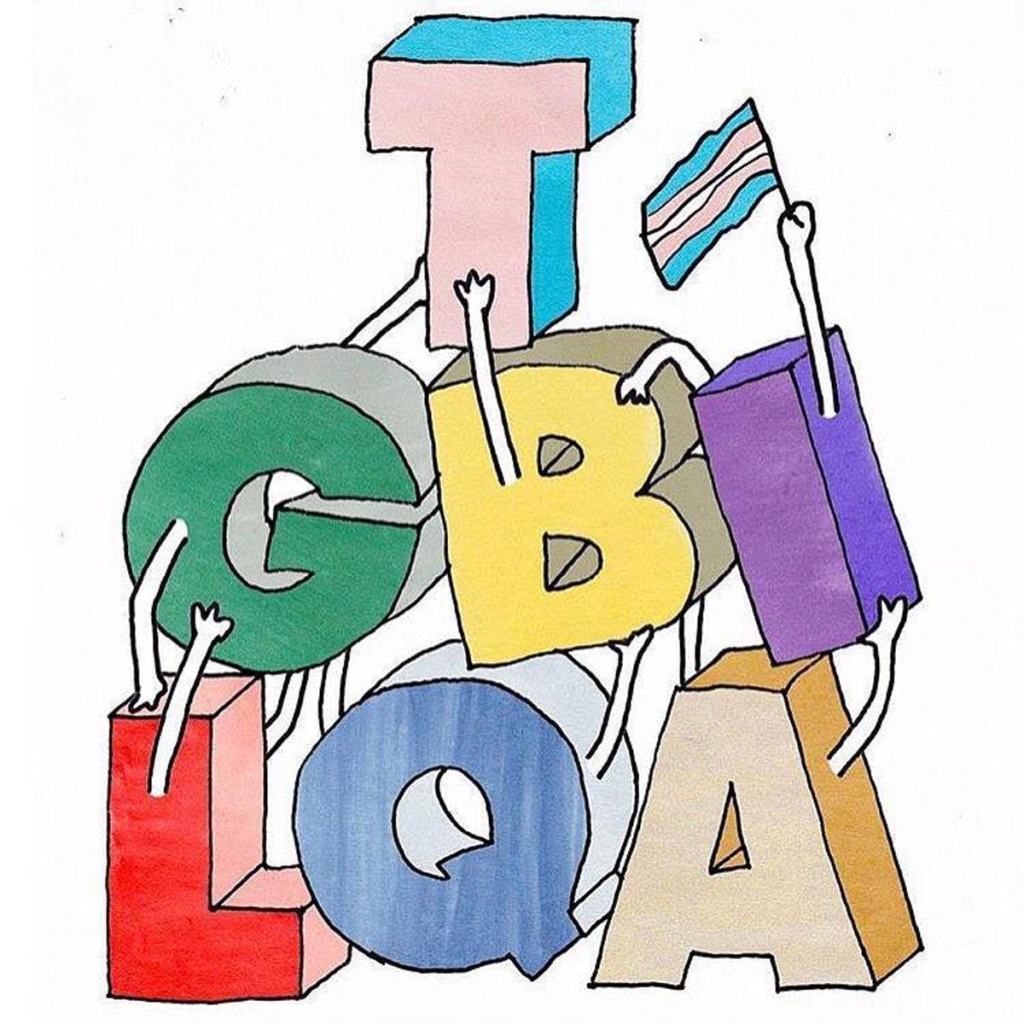
Note: This blog contains language and terms that may have changed in meaning over time, as well as some now considered slurs; they are used in their historical context in this blog.
To fully serve the LGBTQ community and make America truly representative, we need to start by examining the prejudices within our community. Both political organizing and the LGBTQ community began with people who today may identify as transgender. However, trans women and men are often neglected by those who set political priorities of our community, if not treated with outright hostility and prejudice. This blog will focus on historical and ongoing prejudice towards transgender men and women by cisgender gay men, lesbians, and bisexuals.
Attitudes towards transgender folks from both queer and cishet1 people are reflected in the lack of transgender elected officials. According to the Out for America Report that Victory Institute published in June, an LGBTQ elected official in the US today is most likely to be a white gay male. Almost 80 percent of out officials are white, 57 percent are gay, and 59 percent are male. Transgender men and women are thus severely underrepresented, with one trans woman in a state legislature, Danica Roem, and eight more in local positions, totaling 1.6 percent of all LGBTQ elected officials. Additionally, Roem and others in this count, such as Minneapolis city councilmembers Andrea Jenkins and Phillipe Cunningham, were elected just last year.
In 1969, the year of the Stonewall Uprising, hardly anyone knew or identified with the term transgender. However, individuals who would come to identify as trans were already living their lives as their authentic selves, such as Christine Jorgensen, who became famous in the early 1950s for her reassignment surgery. Gay liberation activists such as Marsha P. Johnson and Sylvia Rivera referred to themselves as gay, among a variety of other terms, indicating a fluidity and lack of focus on labels.
It is evident that the lines between the different identities today known as LGBTQ were blurred and not fixed. Pinpointing discrimination in the past between the groups would seem to be difficult, but in reality, Rivera and Johnson themselves remarked about how they felt they did not fit into the then-newly emerging gay rights movement. They felt that, as drag queens and transvestites, they were being ignored by a movement they helped get started. In 1973, Rivera was scorned, booed, and hissed at when she attempted to speak at that year’s liberation march, as the lesbian women who had the stage at the time did not want to allow a drag queen to speak.
Another perspective, from Miss Major Griffin-Gracy, prominent transgender activist and Stonewall veteran, further describes the mainstream gay rights movement as one that shuts out transgender folks and people of color. She stated in an interview with Jessica Stern that, “I feel like we’ve been pushed to the outside and then prevented from looking in. It’s the stares, the noninclusion over decision-making, exclusion from events that would build this movement. I think if they could eradicate us, they would.”
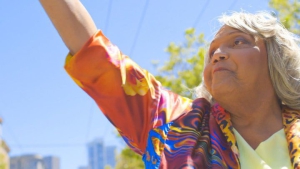
Miss Major Griffin-Gracy, from the film about her life Major!
Transphobia directed at trans women sometimes originates from radical lesbian feminists. For example, author Janice Raymond published a book in 1979 titled “The Transsexual Empire: The Making of the She-Male” where she claims that trans women are men colonizing the female body and are reinforcing traditional, patriarchal gender roles. This work and others by similarly-minded authors are widely held as bigoted and transphobic.
A reader of this blog may respond to the preceding few paragraphs and ask, “What do the attitudes of people in the 70s have to do with how our community behaves today? What does it have to do with how we elect out officials?” While a few short decades separate us from these people and events, the past continues to influence how we organize, elect candidates, and decide what our goals are as a community. The same middle to upper class, white, gay, cisgender men that are criticized as being too dominant in the LGBTQ community today were tone-policing liberation activists in the 70s. This power dynamic maintains itself to this day, and challenging it is key to liberation of all oppressed people.
I reached out to Brianna Titone, a trans candidate for the Colorado State House of Representatives, asked her to give a statement about discrimination against transgender folks from cisgender queer folks. She had this to say:
“I feel that support for the T in LGBTQ is more talk and less action. Everyone that is LGBTQ always says they support the LGBTQ community, but it’s still a struggle to get trans people front and center, and when they are, it seems somewhat disingenuous as they are asked to be there because they have to include everyone. As a trans candidate, I have heard all of the organizations and leaders say they support LGBTQ candidates, but few of the LGBTQ leaders have reached out to help my race. Being a true ally to the trans community means bringing more trans people to the table, and while this is happening more, it’s still not happening enough.
The rare opportunity that a trans candidate is actually running should be a chance to highlight the support to the trans community they all tout about, but when it doesn’t happen, it seems obvious that we are still looked at as unwinnable longshots not worth the effort. When a trans person is running for office, if you claim to be LGBTQ and say you truly support the community, you should be bringing them to the table and elevating their voices because that is being truly inclusive and striving to bring us closer to equality. If they fail to do that, I question the statements some make about claiming to be support. Put your money where your mouth is.”

Brianna Titone, candidate for the Colorado House of Representatives, District 27
Titone really puts into perspective why the work that Victory Fund & Institute does is important and impactful, and why it is so important for us to show up for all members of our community, as it is our duty to make sure that nobody is left behind to experience oppression, especially from those who claim to be allies.
Thank you to Brianna Titone for her statement. She added her voice to this blog and I am very grateful.
LGBTQ Victory Institute’s mission is to elect more out people to office and to equip them with tools to win in the voting booth. Our community includes many identities, and in the current political climate it is crucial to uplift all identities who are a part of our family.
1Cishet is a term for those who are both cisgender and heterosexual.

